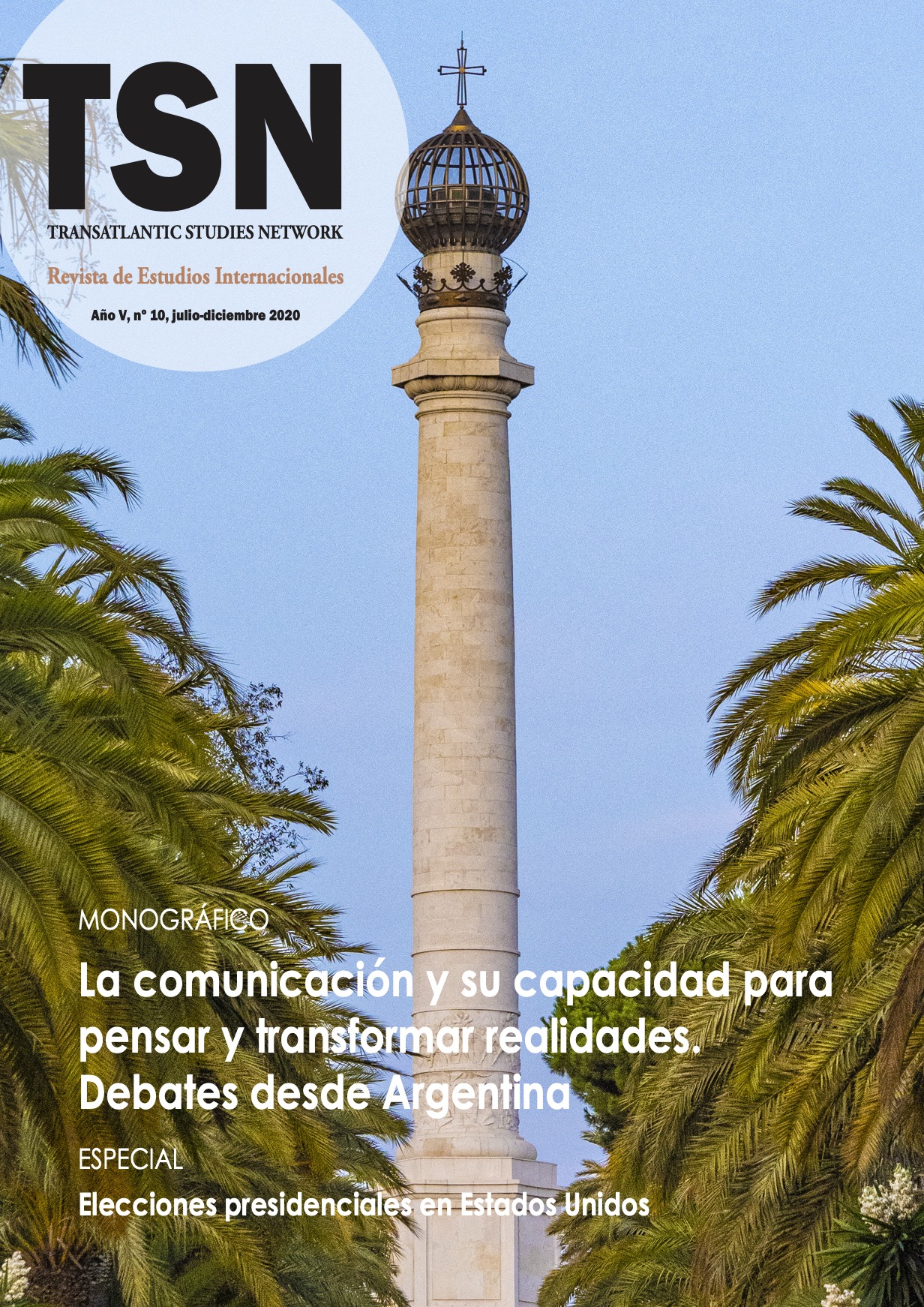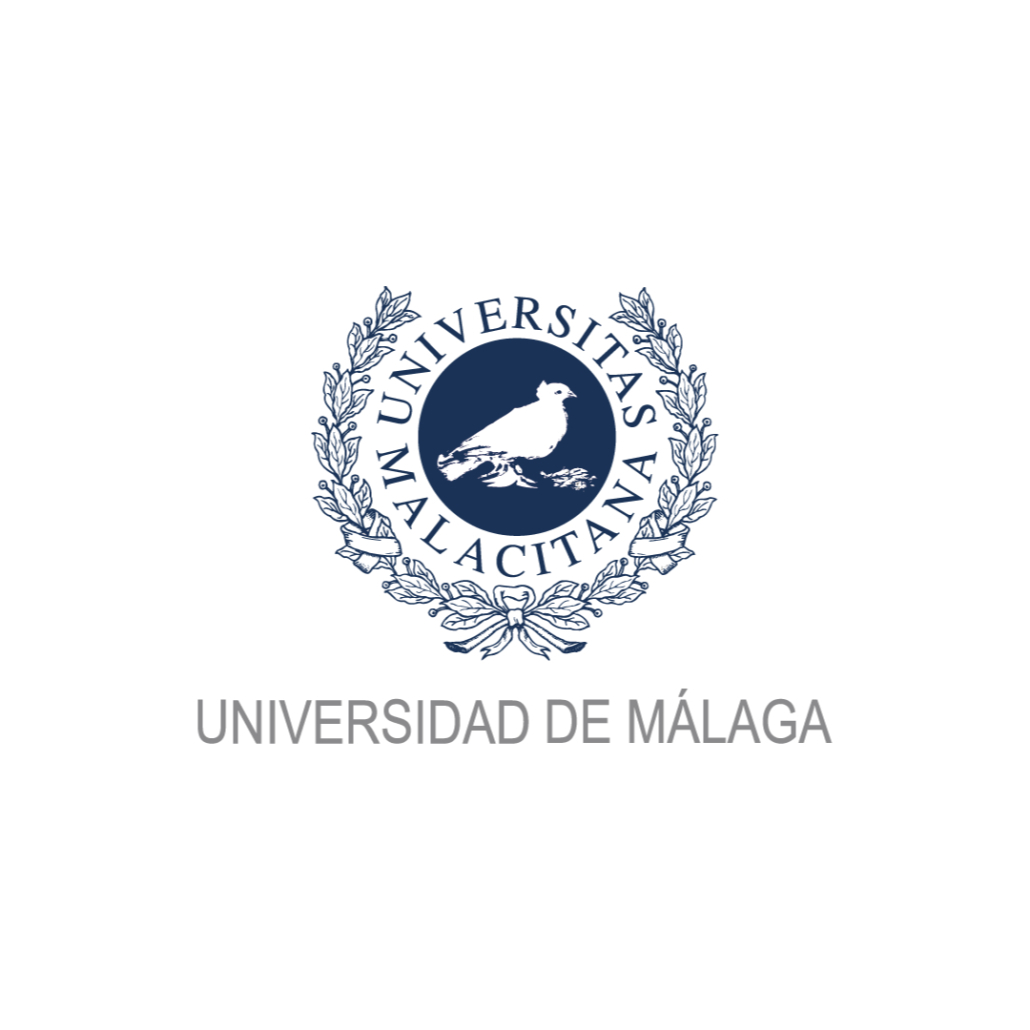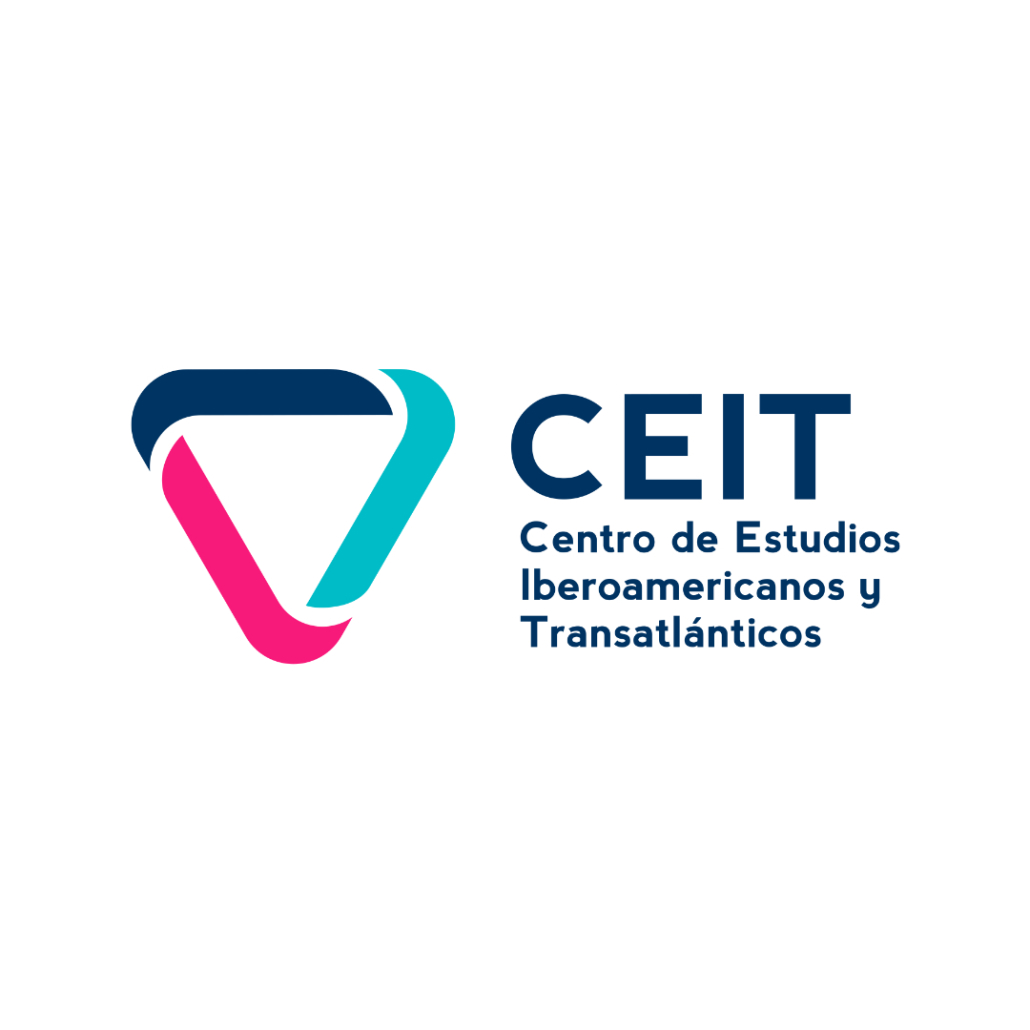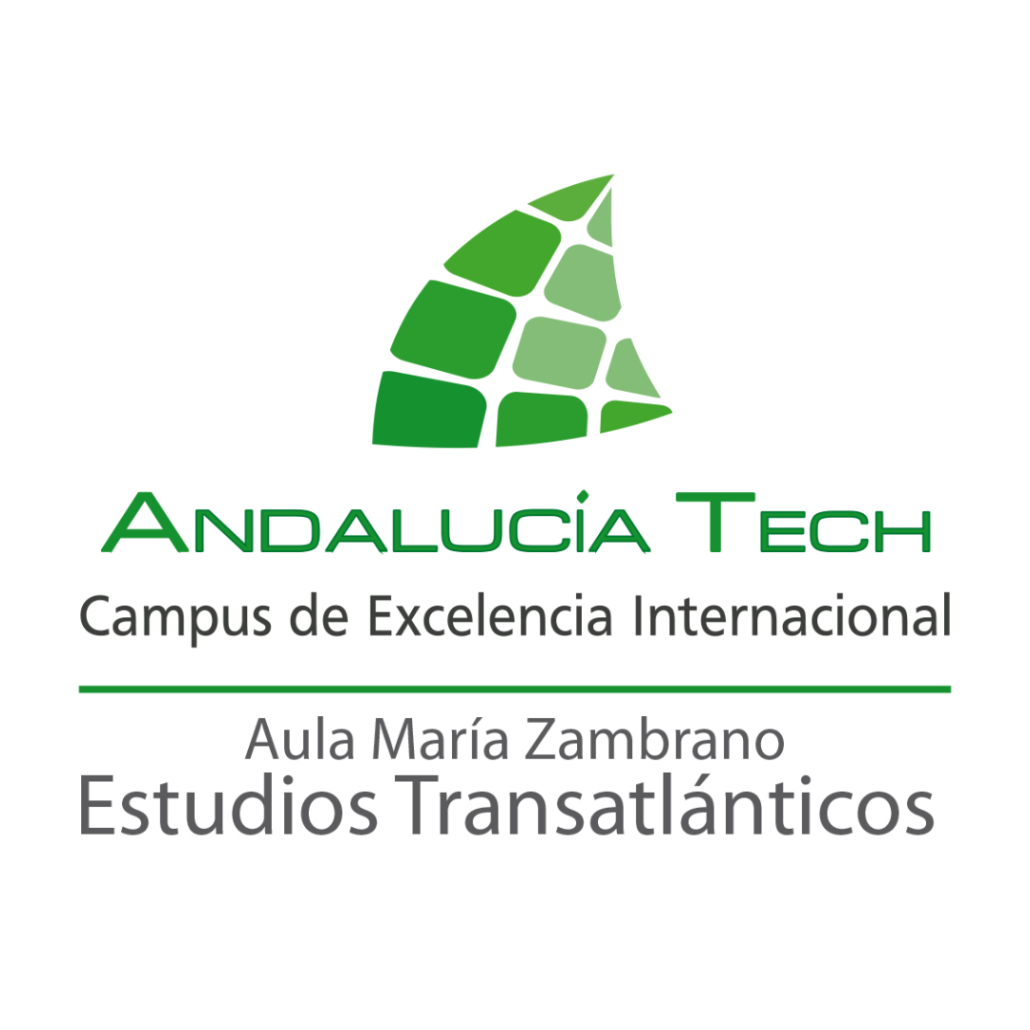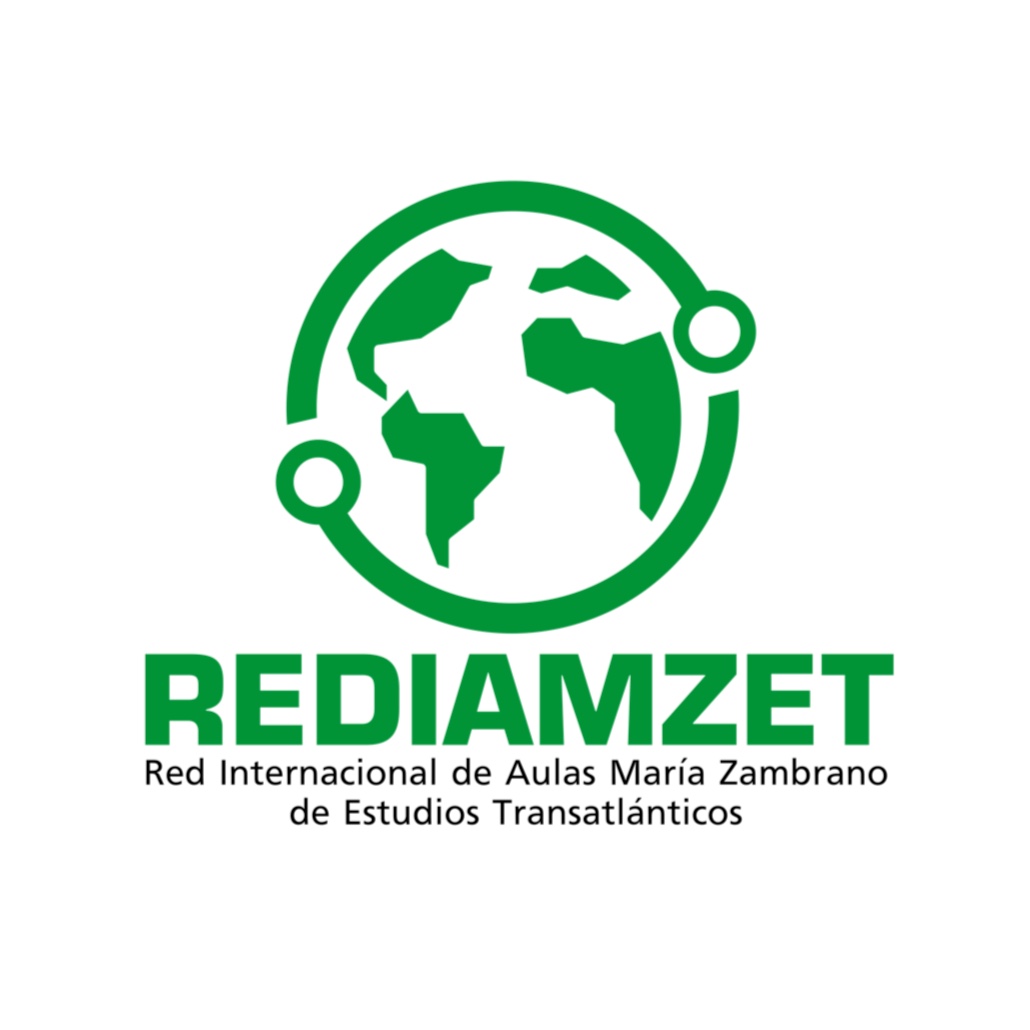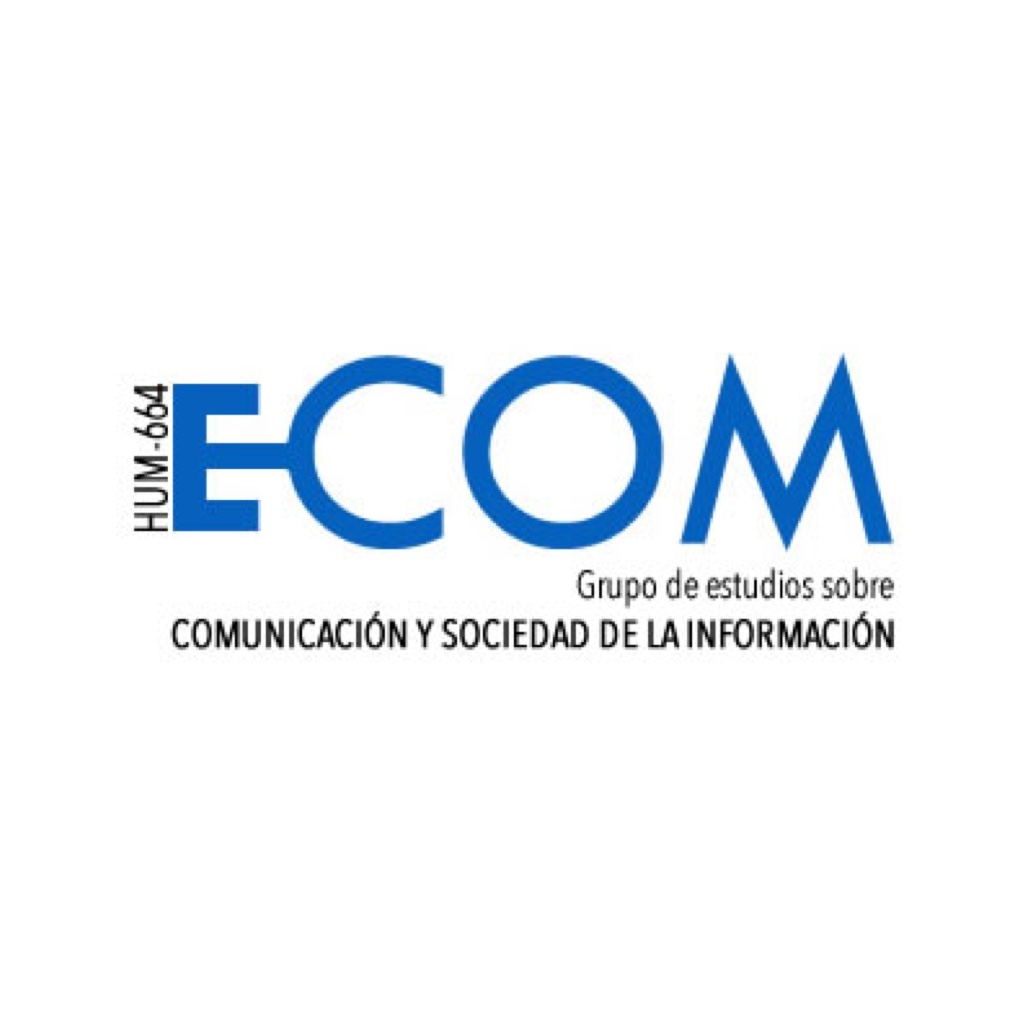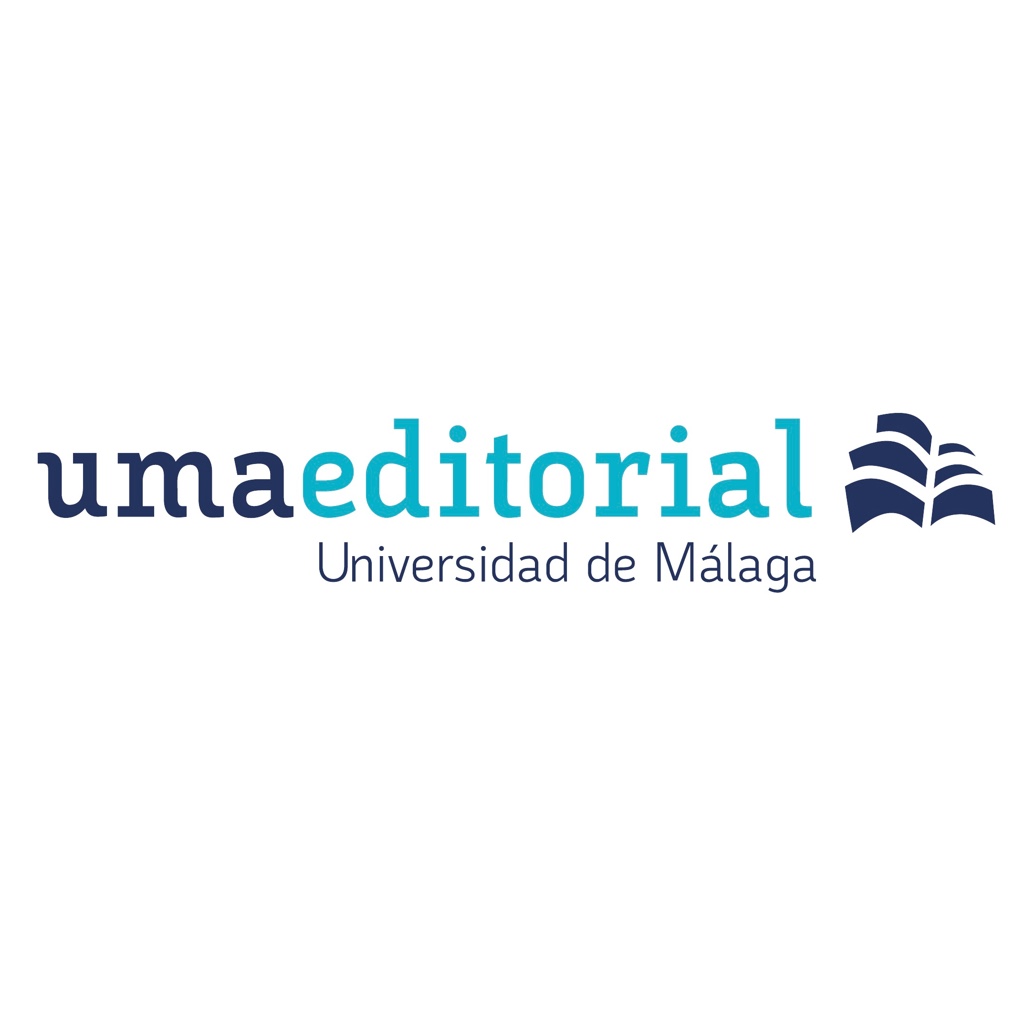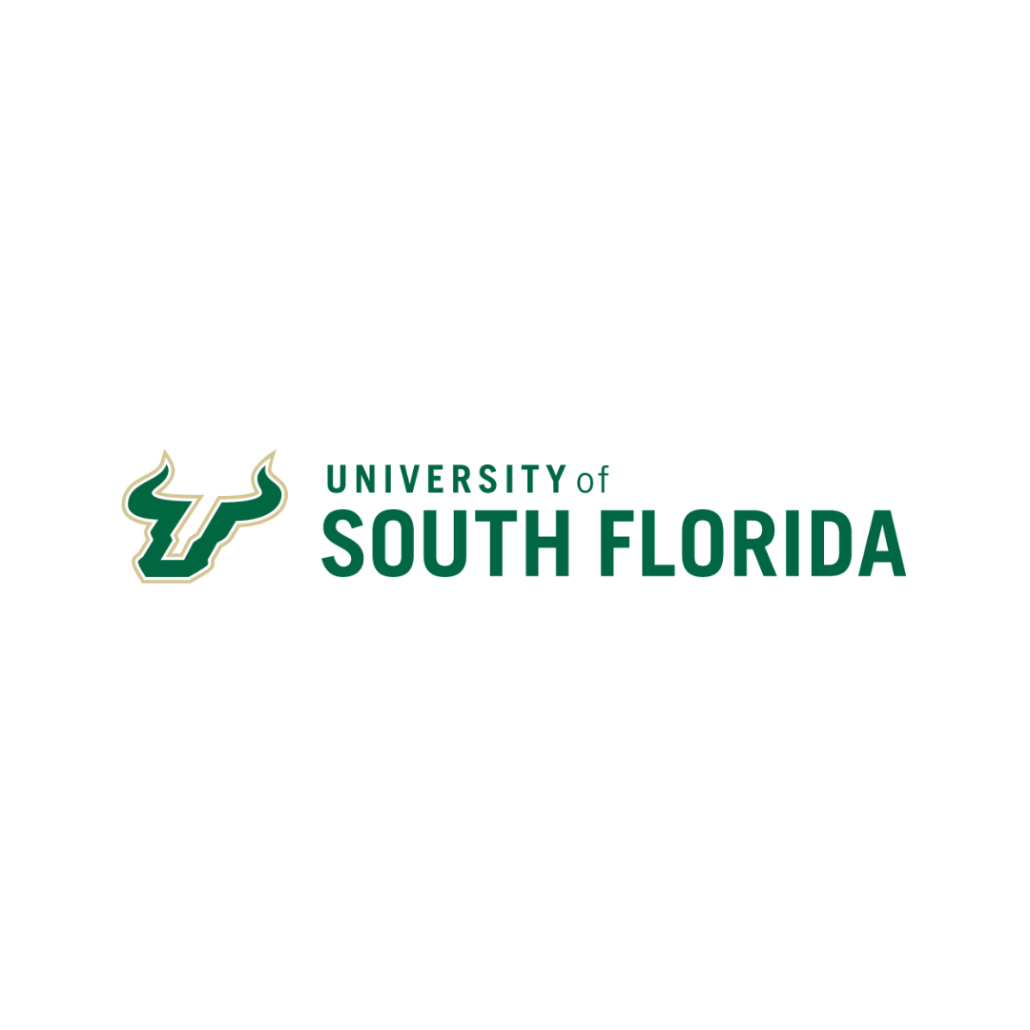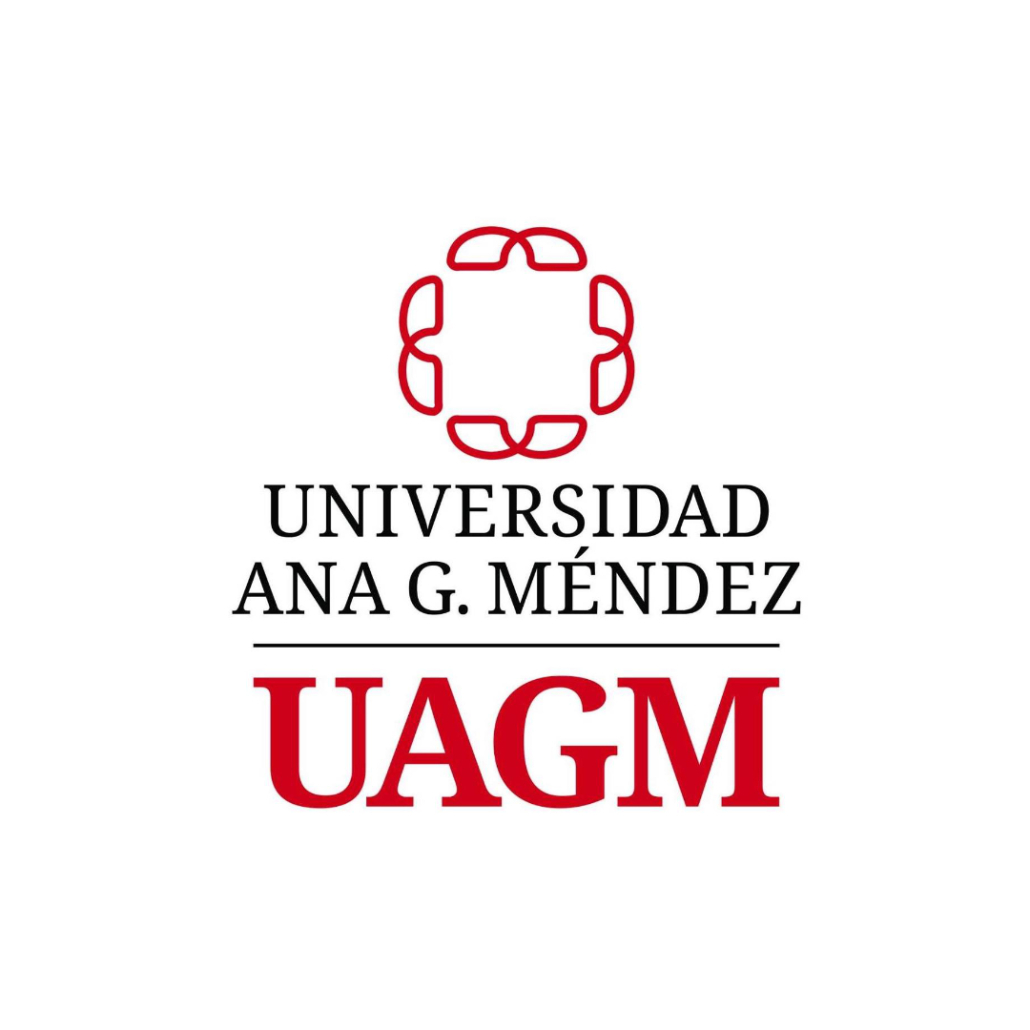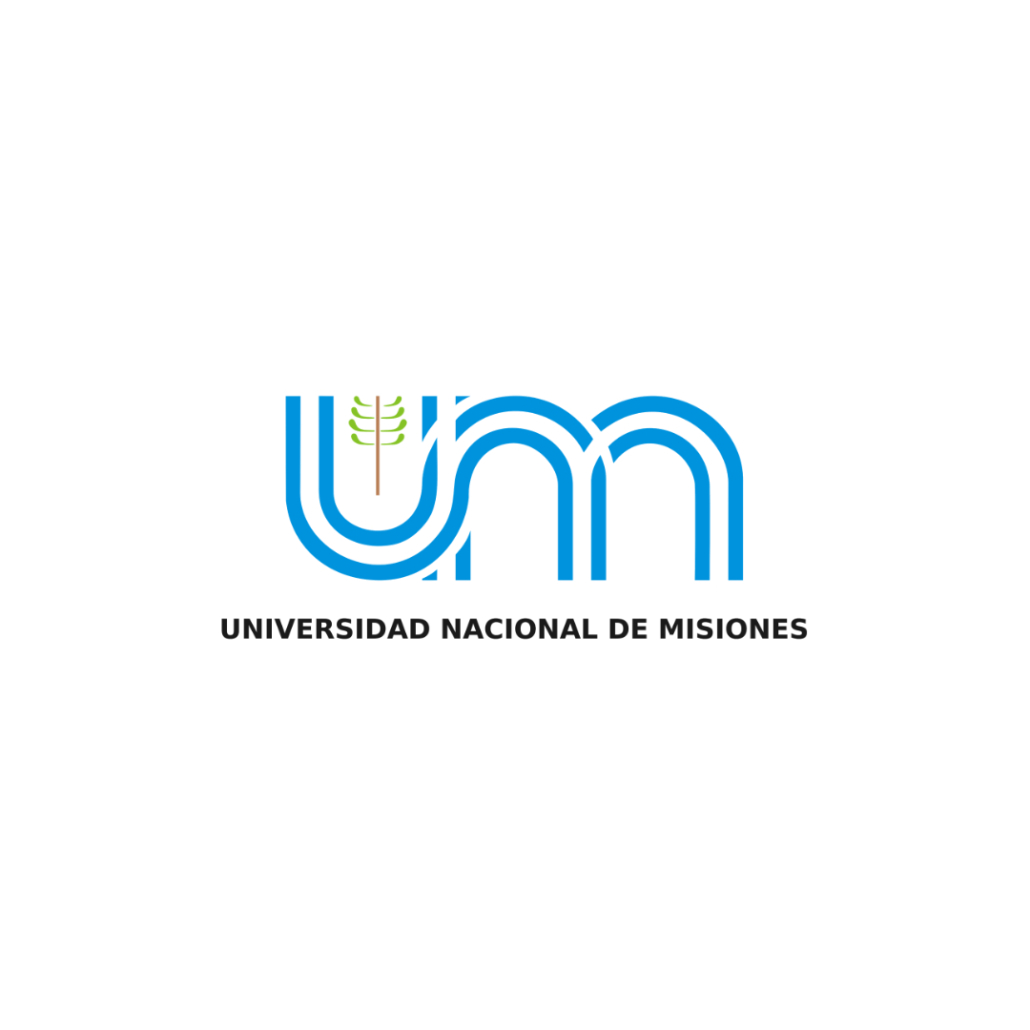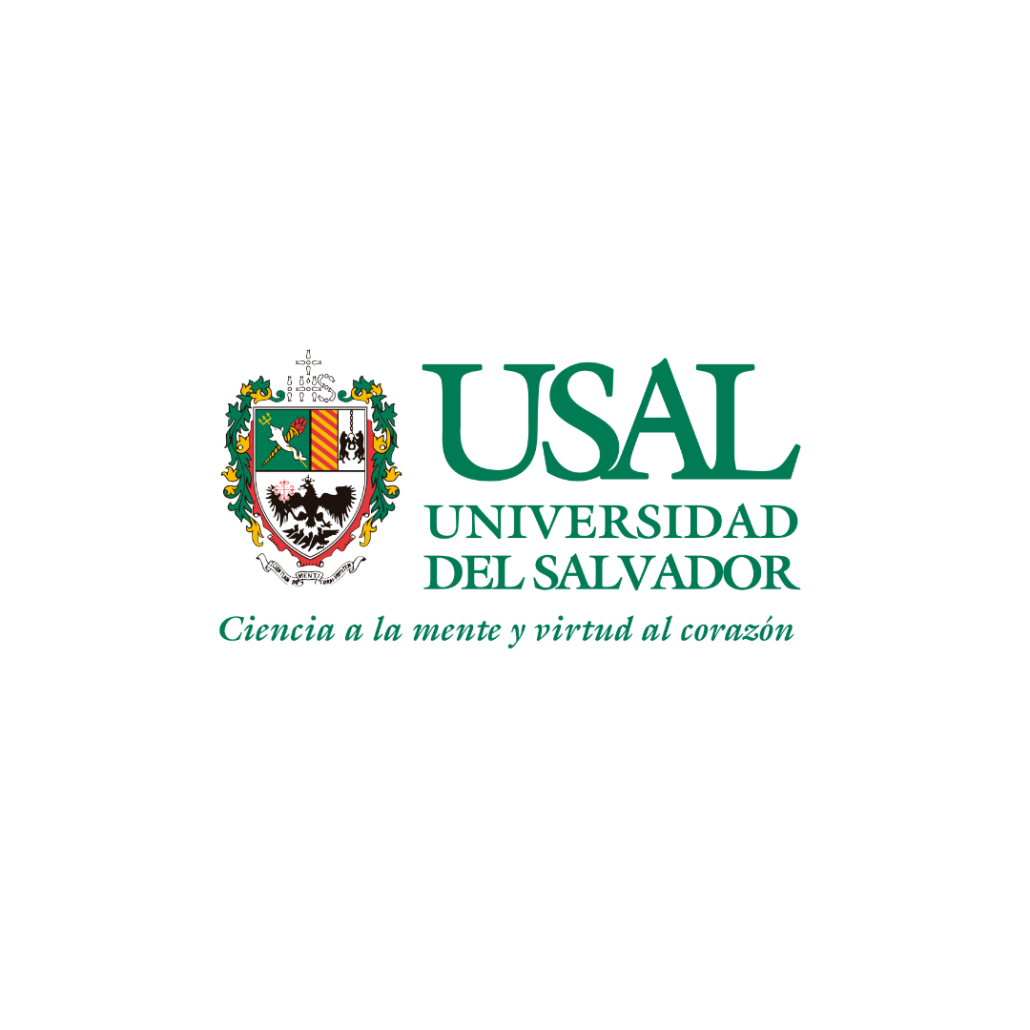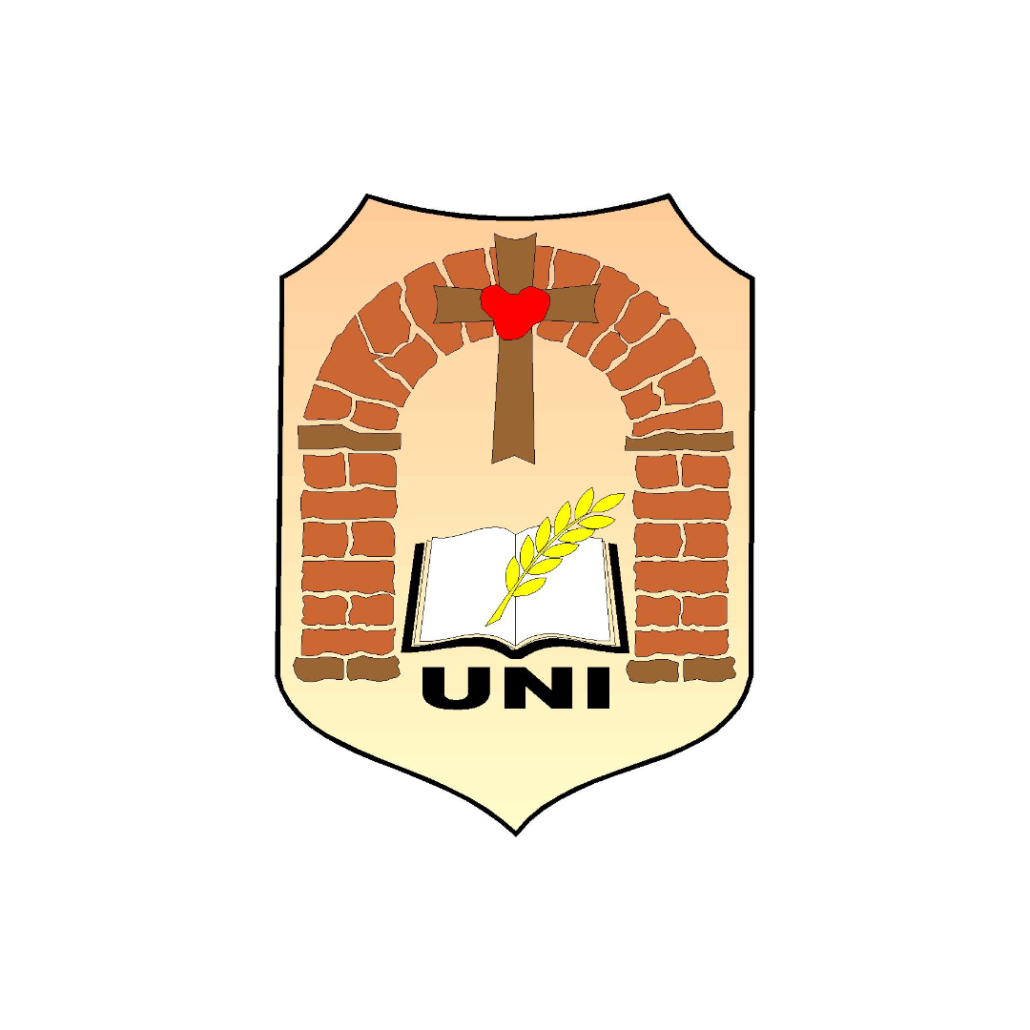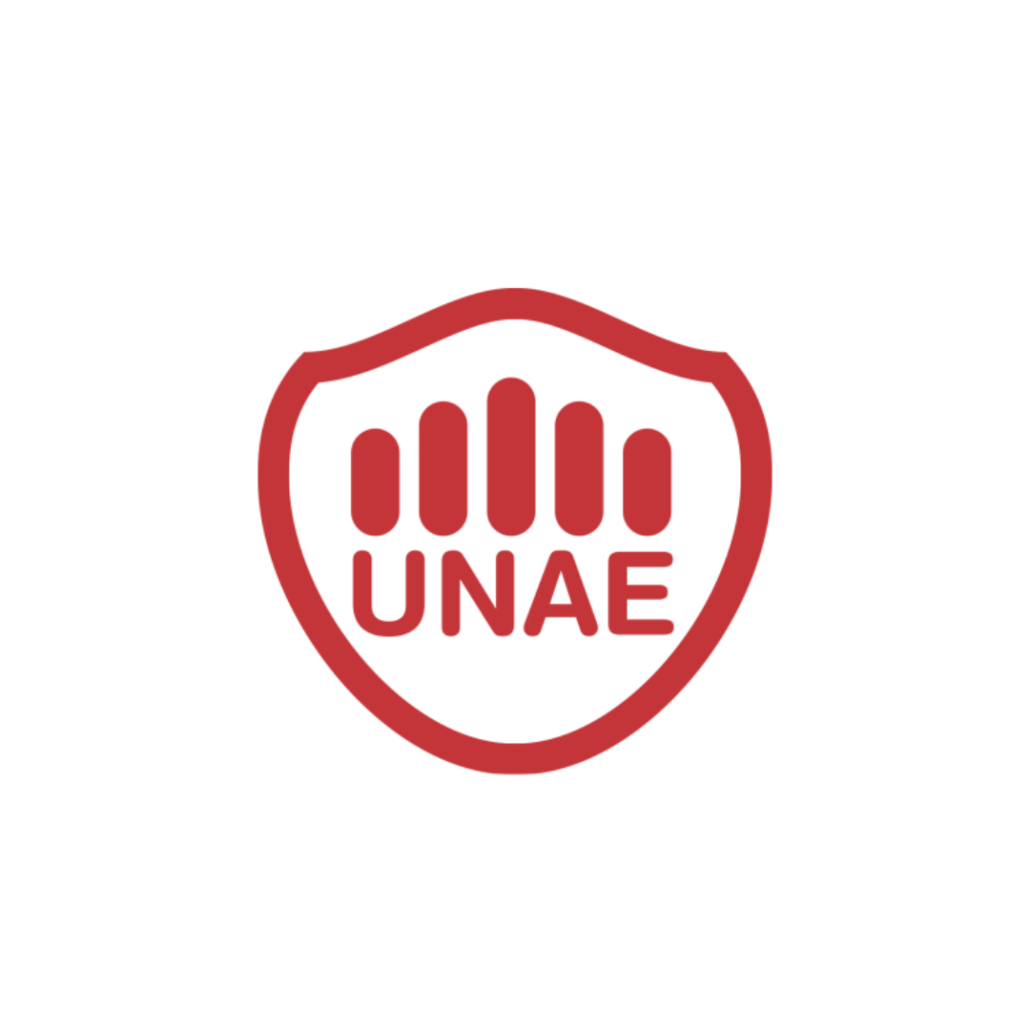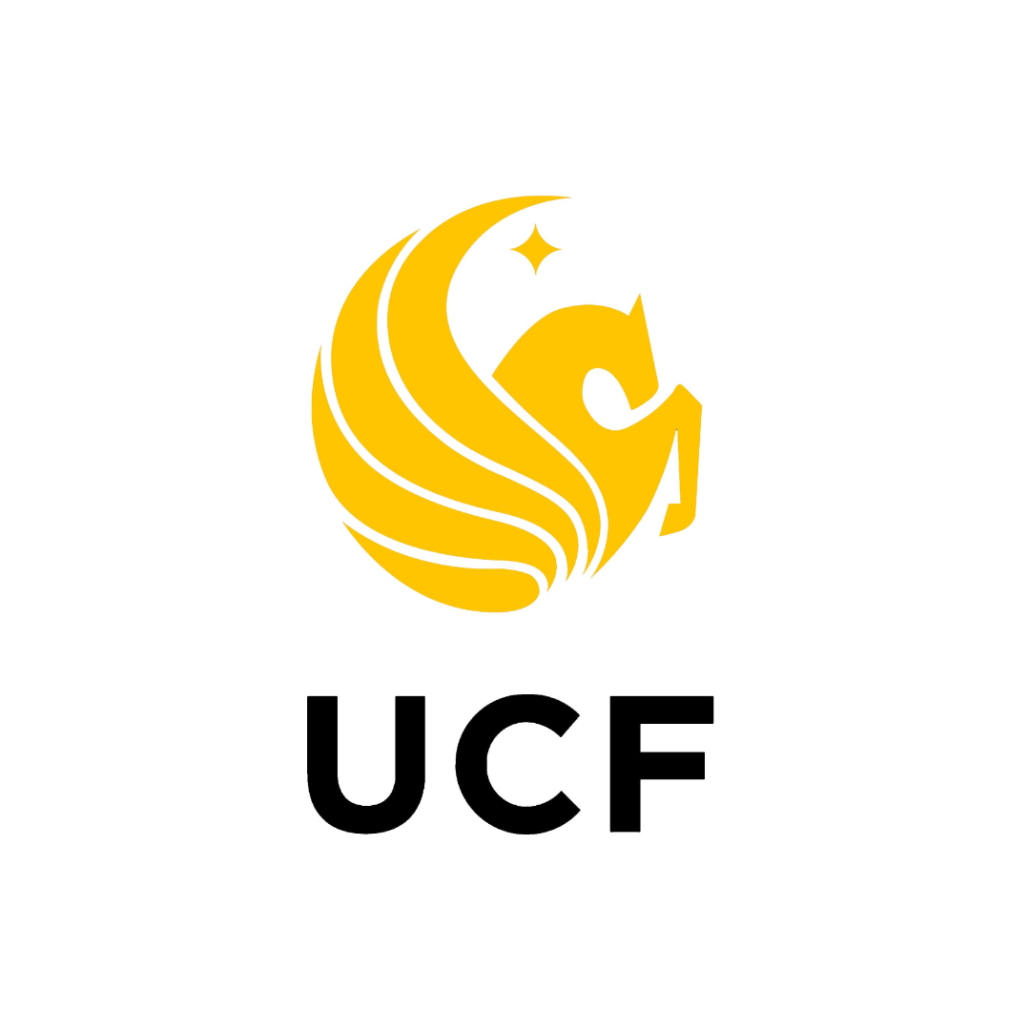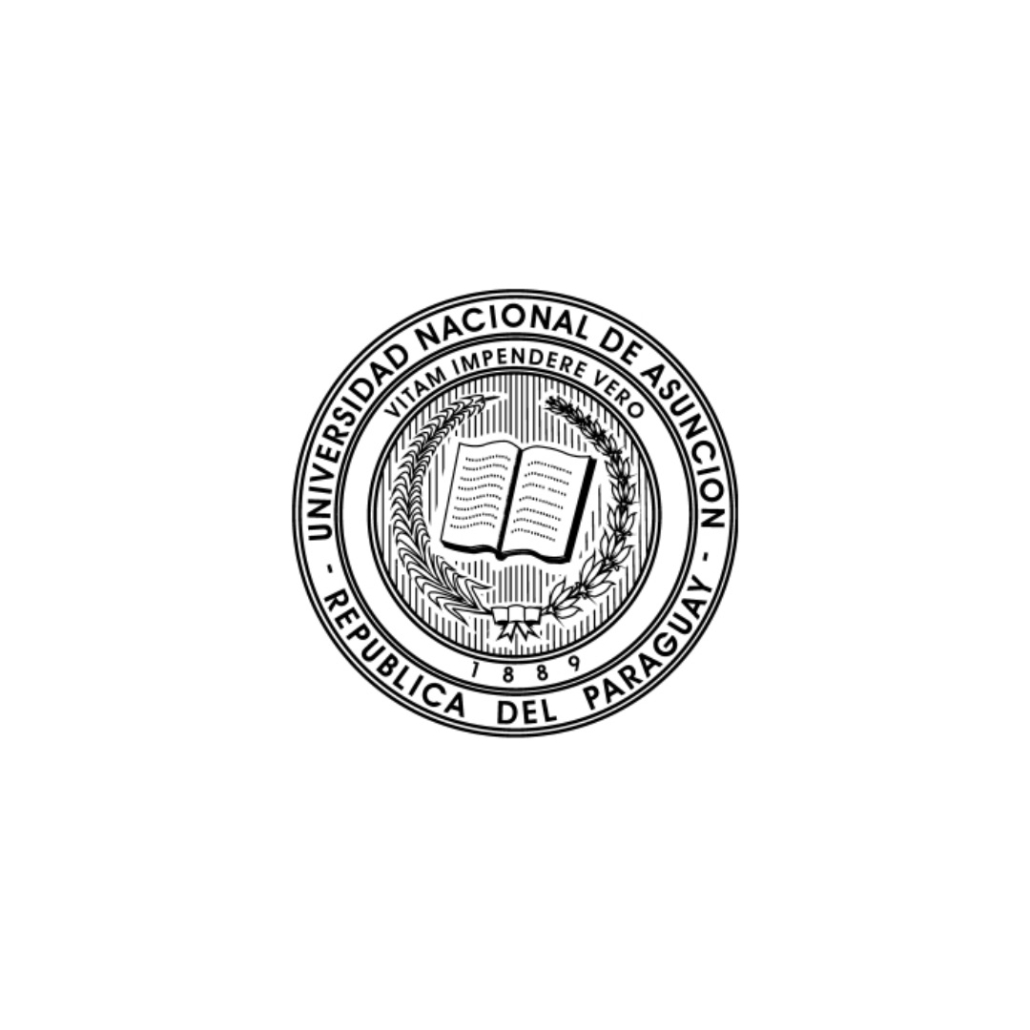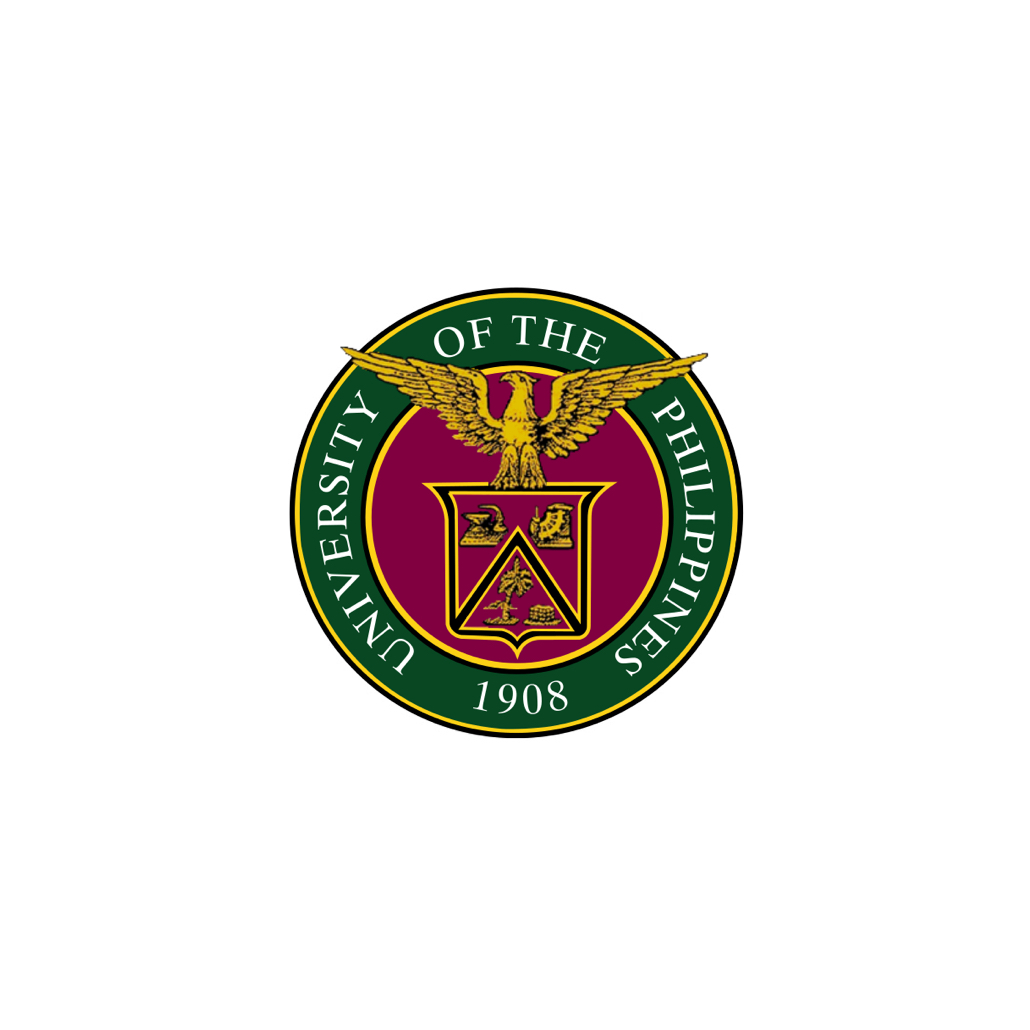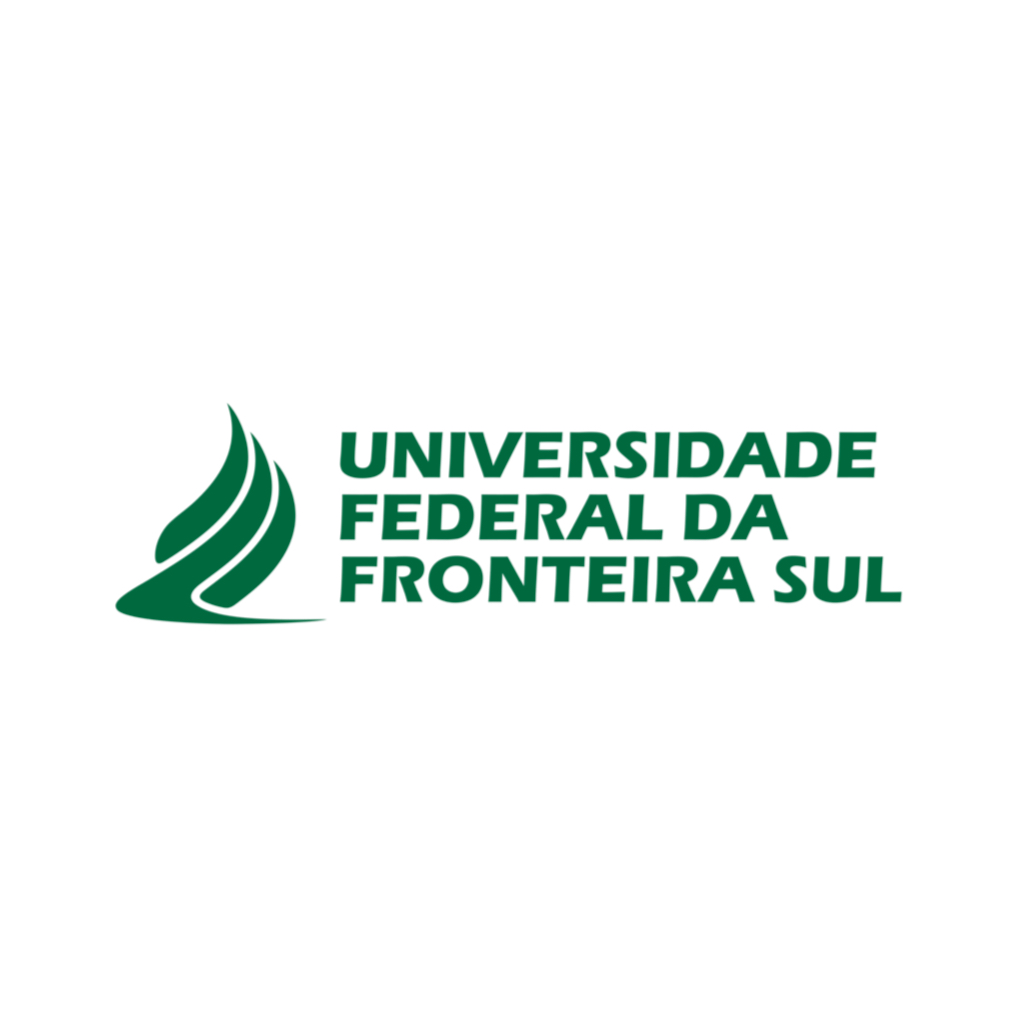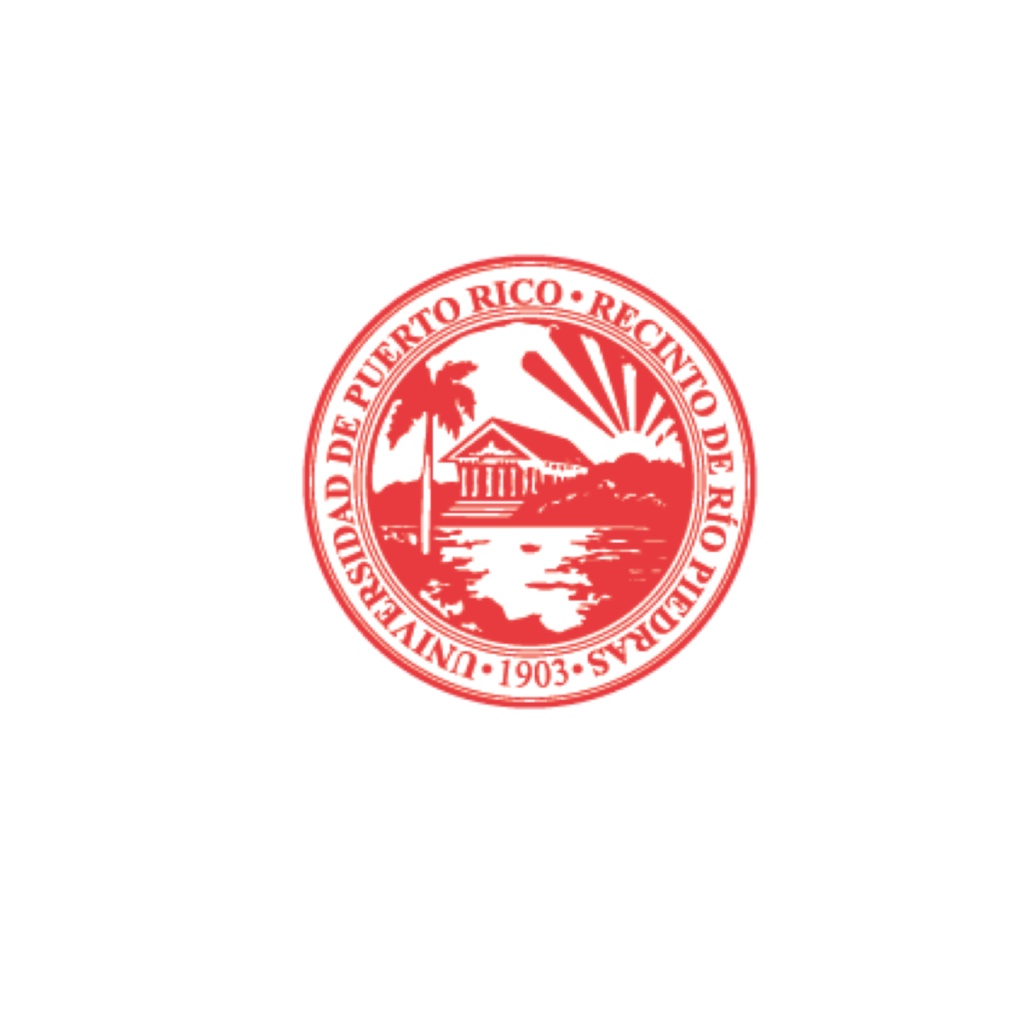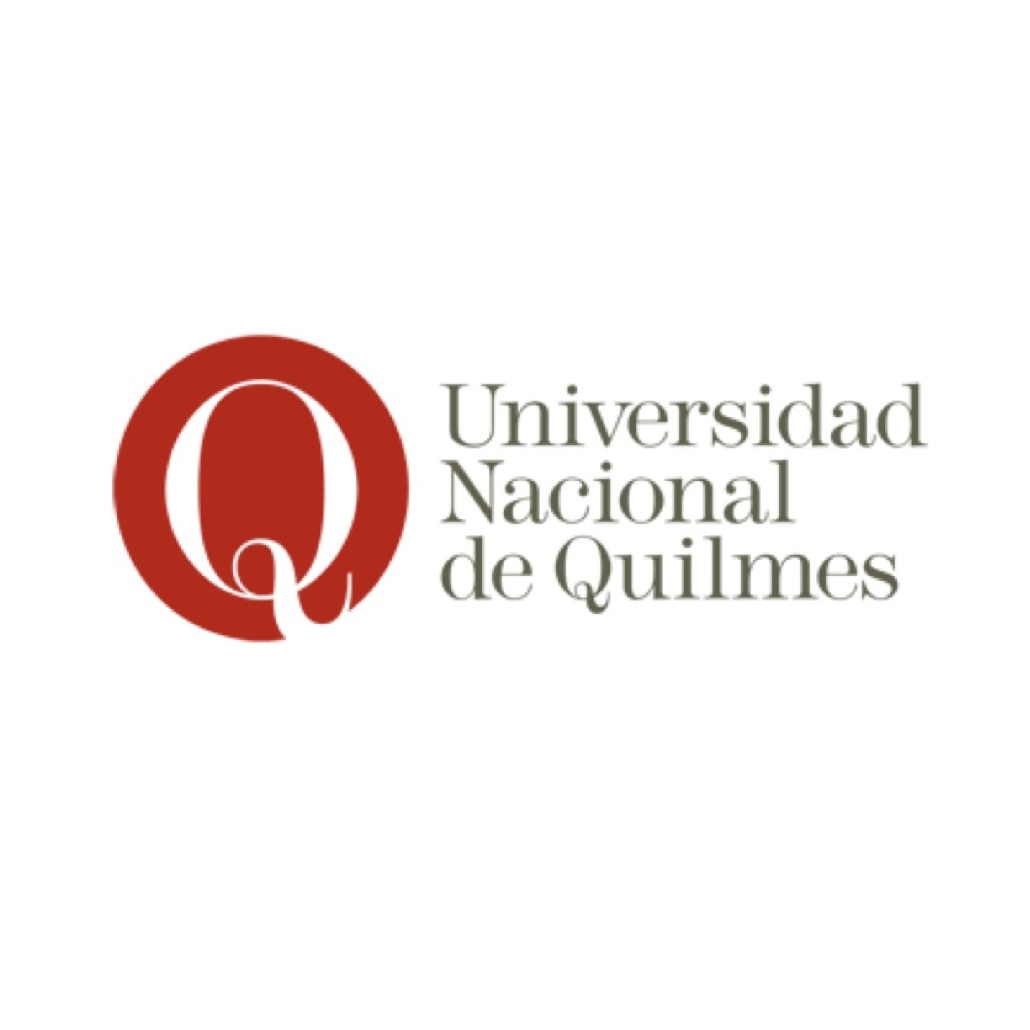Portuguese language as a tool for internationalization in the post-graduate course in Environmental Engineering
DOI:
https://doi.org/10.24310/TSN.2020.vi10.13643Keywords:
PPGEA, international mobility, language policies, discourse, UTFPR, Latin America, Brazil, ParaguayAbstract
The internationalization discourse took over the higher education institutions (HEIs) and reached the Federal Technological University of Paraná (UTFPR) which is multicampi and is located in thirteen campuses in the state of Paraná. Among the various courses offered by the Francisco Beltrão UTFPR campus (UTFPR-FB) is the Postgraduate Program in Environmental Engineering (PPGEA) which received the first Paraguayan academic to attend the master's Program in 2019. With the objective of reporting the experience of using the Portuguese language as an instrument of internationalization we use as methodology for this article the discursive bias of Foucault (2014a, 2014b), Morosini (2008, 2017) for the discussion of internationalization, among others. As results and discussion we had the discourse of internationalization present in all stages of activities and relationships developed between the academic, the master's program and the other instances involved. Regarding the conclusion we realize that the Portuguese language can be an instrument of internationalization and soft power.
Downloads
Metrics
References
Bauer, M. W.; Gaskel, G. (2002): Pesquisa qualitativa com texto, imagem e som: um manual prático, tradução Pedrinho A. Guareschi. Petrópolis, RJ: Vozes.
Coudry, P.; Fontão, E. (2007): Fala Brasil: português para estrangeiros. São Paulo, SP: Pontes.
Foucault, M. (2014a): A arqueologia do saber, tradução Luiz Felipe Baeta Neves, 8.ª ed. Rio de Janeiro: Forense Universitária.
Foucault, M. (2014b): A ordem do discurso, a aula inaugural no Collège de France, pronunciada em 2 de dezembro de 1970, tradução Laura Fraga de Almeida Sampaio, 24.ª ed. São Paulo: Edições Loyola.
Morosini, M. C. (2008): «Internacionalização da Educação Superior no Brasil pós-LDB: o impacto das sociedades tecnologicamente avançadas», en Mariluce Bittar; João Ferreira de Oliveira; Marília Costa Morosini (orgs.): Educação superior no Brasil — 10 anos pós-LDB, 1.ª ed. Brasília, DF: INEP, v. 2, pp. 285-304.
Morosini, M. C. (2017): «Internacionalização da educação superior no Brasil: a produção recente em teses e dissertações», en Educação em Revista (online).
Nóbrega, M. H. da (2016): «Políticas linguísticas e internacionalização da língua portuguesa: desafios para a inovação», en Revista de Estudos da Linguagem, v. 24, pp. 417-445.
Nye, Jr., J. S. (2017): «Soft Power: The Origins and Political Progress of a Concept». Palgrave Communications, February 21.
Nye, Jr., J. S. (2019): «Soft Power and the Public Diplomacy Revisited», en The Hague Journal of Diplomacy, 14, April 1-14.
Perrota, D. V. (2018): «El campo de estudios de la integración regional y su aporte a las relaciones internacionales: una mirada desde América Latina», en Relaciones Internacionales, núm. 38. Madri, Espanha.
Pinto, M. M.; Larrechea M. E. (2018): «Internacionalização da educação superior: uma análise das tendências de mobilidade dos estudantes entre países do norte e do sul global». Avaliação: Revista da Avaliação da Educação Superior, v. 23, pp. 718-735.
Ramos, M. Y. (2017): Internacionalização da pós-graduação no Brasil: lógica e mecanismos. Educação e Pesquisa (USP. Impresso), v. 44, p. e161579.
Reto, L. (org.) et al. (2012): Potencial Econômico da Língua Portuguesa. Lisboa: Leya.
Schwartzman, S.; C., C. M; H. B.; I.-A., J. (2012): Cem mil bolsas no Exterior. Interesse Nacional, v. 2, pp. 25-36.
Downloads
Published
How to Cite
Issue
Section
License

This work is licensed under a Creative Commons Attribution-NonCommercial-ShareAlike 4.0 International License.

